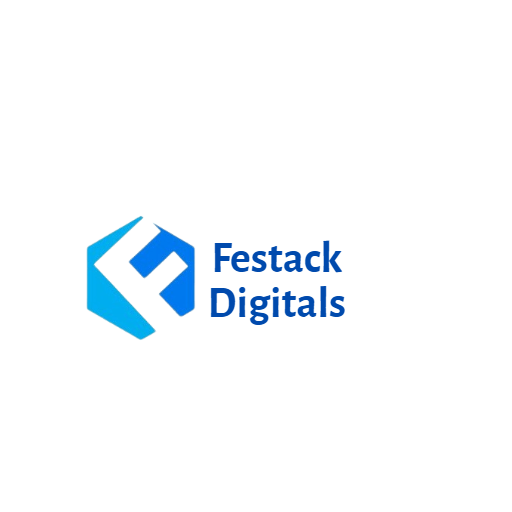Help & Faq’s
Below are some of the frequently
asked questions and answers.
Web design plays a crucial role in establishing a strong online presence for your business. It creates a visually appealing and user-friendly website that attracts and engages visitors. A well-designed website enhances brand credibility, improves user experience, boosts conversions, and helps you stand out from competitors.
When designing a website, several key elements should be considered:
- Visual appeal and branding consistency
- Intuitive navigation and user-friendly interface
- Responsiveness and compatibility across devices
- Clear and concise content
- Call-to-action elements to drive conversions
- Fast loading speed and optimized performance
- Integration of SEO best practices for better search engine visibility
Digital marketing offers numerous benefits for businesses, including:
- Increased brand visibility and online presence
- Targeted reach to specific audiences
- Cost-effective compared to traditional marketing methods
- Measurable results and data-driven decision-making
- Improved customer engagement and interaction
- Enhanced lead generation and conversion rates
- Ability to track and optimize marketing campaigns in real-time
A: Responsive web design is an approach that ensures a website adapts and displays properly across various devices and screen sizes, including desktops, tablets, and mobile devices. It is important because it enhances the user experience, improves SEO, and caters to the growing number of mobile users, ensuring your website looks and functions optimally on any device.
Improving the visibility of your website in search engines involves implementing effective search engine optimization (SEO) strategies. This includes optimizing your website's structure and content, conducting keyword research, building quality backlinks, improving page loading speed, and ensuring mobile-friendliness. Regularly creating and promoting high-quality content is also crucial for SEO success.
Website security is essential to protect your business and users' data. Some measures you can take include implementing SSL certificates for secure connections, regularly updating software and plugins, using strong and unique passwords, conducting regular security audits, installing a web application firewall, and educating yourself and your team about common cybersecurity risks and best practices.
Just click on any of the "Contact Us" or "Free Consultation" buttons on this website.
The choice of digital marketing channels depends on your target audience, business goals, and industry. Some commonly used channels include:
- Search Engine Optimization (SEO) for organic website traffic
- Pay-Per-Click (PPC) advertising for immediate visibility and conversions
- Social media marketing to engage with and grow your audience
- Email marketing for nurturing leads and customer retention
- Content marketing to provide valuable and relevant information
- Influencer marketing to leverage industry influencers and their audiences.
Measuring the success of your digital marketing efforts involves tracking relevant metrics and key performance indicators (KPIs). Common measurements include:
- Website traffic and user behavior (visitors, page views, bounce rate)
- Conversion rates (leads, sales, sign-ups)
- Return on Investment (ROI) from marketing campaigns
- Social media engagement (likes, comments, shares)
- Email open rates and click-through rates
- Search engine rankings and organic search visibility
Hiring a professional web design and digital marketing agency can bring numerous advantages. They possess expertise, industry knowledge, and resources to create a visually appealing and functional website while implementing effective marketing strategies. Professionals can save you time, provide valuable insights, deliver measurable results, and keep up with the latest trends and best practices in the industry.
The timeline for website design and development can vary depending on the complexity of the project, the size of the website, and the responsiveness of the client. Typically, a simple website can take a few weeks to complete, while more complex websites with custom features may take several months.
A: Social media marketing allows businesses to connect and engage with their target audience on popular social media platforms such as Facebook, Instagram, Twitter, and LinkedIn. It helps build brand awareness, fosters customer relationships, drives website traffic, and enables targeted advertising to reach specific demographics. Social media marketing can be an effective tool for increasing brand visibility and driving conversions.
Email marketing enables businesses to reach their audience directly through personalized and targeted emails. It is an effective channel for nurturing leads, building customer loyalty, promoting products or services, and driving conversions.
With email marketing, you can automate campaigns, track open rates and click-through rates, and tailor content based on user preferences, leading to higher engagement and increased revenue.
Content marketing involves creating and sharing valuable and relevant content to attract and engage a target audience. It helps establish industry expertise, build trust, and drive organic traffic to your website.
Content marketing includes blog posts, articles, videos, infographics, and other forms of media that educate, entertain, or inform your audience while aligning with your business goals and providing value to your customers.

